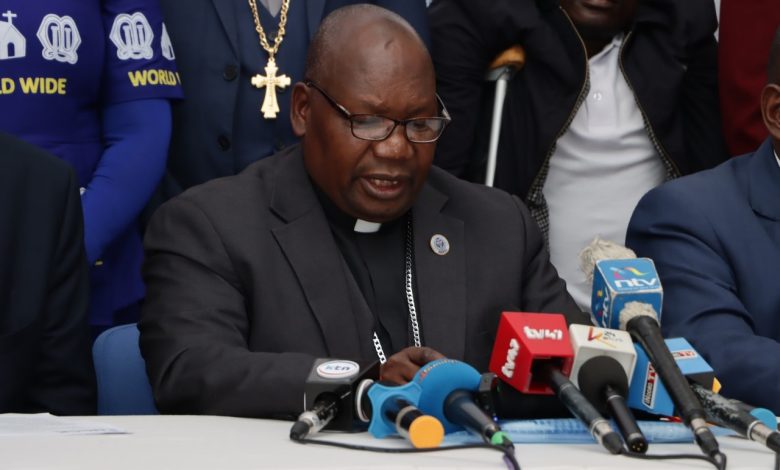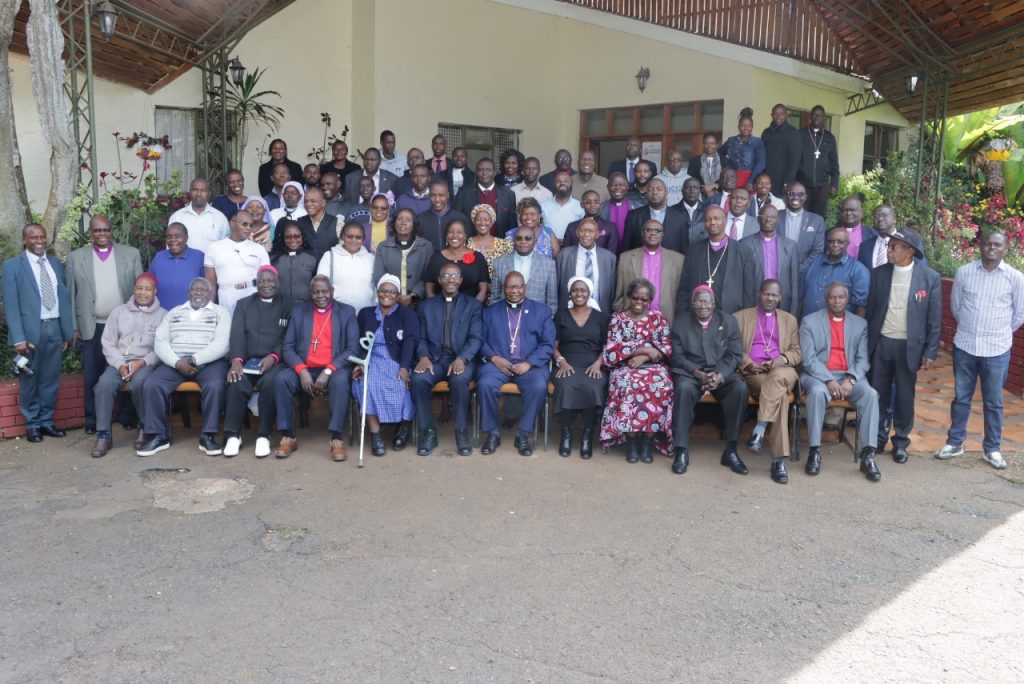NCCK Pastoral Letter Condemns State Brutality, Economic Injustice, and Electoral Interference

By Archeadious Kubai
Limuru, Kenya – In a bold and urgent pastoral letter titled “How Long, O Lord?”, the National Council of Churches of Kenya (NCCK) has raised the alarm over what it terms a deepening crisis of governance, state-sponsored brutality, and democratic backsliding in the country.
The strongly worded statement follows a two-day consultative meeting held at the Jumuia Conference and Country Home in Limuru. Church leaders drawn from across the country accused the government of presiding over a reign of repression, citing incidents of protestor killings, enforced disappearances, and torture. “Kenya is fast slipping into a police state,” the Council warned, calling for an immediate end to violence against young citizens.

Amid growing public unrest over rising living costs, the NCCK took a firm stance against the proposed 2024/2025 budget, warning that the government’s aggressive taxation agenda will only deepen poverty and widen inequality. “We categorically reject the punitive taxes being forced on the people,” the letter read, urging Kenyans to exercise their constitutional right to peaceful protest, civic engagement, and public discourse.
The Council further rebuked the Executive for its persistent disregard of judicial decisions, cautioning that the systematic erosion of the judiciary and electoral bodies—particularly the Independent Electoral and Boundaries Commission (IEBC)—poses a grave threat to Kenya’s democratic fabric. They decried what they described as efforts to manipulate the 2027 electoral landscape by appointing political loyalists to critical oversight institutions.
“The integrity of the next election is already under threat,” the NCCK warned. “The dismantling of independent institutions is a calculated move to subvert the will of the people.”
In a rare critique of Kenya’s foreign policy, the Council also raised alarm over the country’s alleged involvement in conflicts in the Democratic Republic of Congo and Sudan, cautioning that such actions risk damaging Kenya’s diplomatic standing and moral authority in the region.
Addressing the church’s own role in national affairs, the NCCK urged clergy to resist the politicization of the pulpit. “The church must remain a sanctuary for truth and justice, not a platform for partisan politics,” the letter emphasized.
The pastoral message concluded with a call to action: for citizens to remain vigilant, for elected leaders to pursue people-centered legislation instead of political theatrics, and for the nation to embrace collective prayer and reform to avert a looming national crisis.
“The time to act is now. We must all rise in prayer, in voice, and in deed, to save our nation from collapse,” the statement read.






